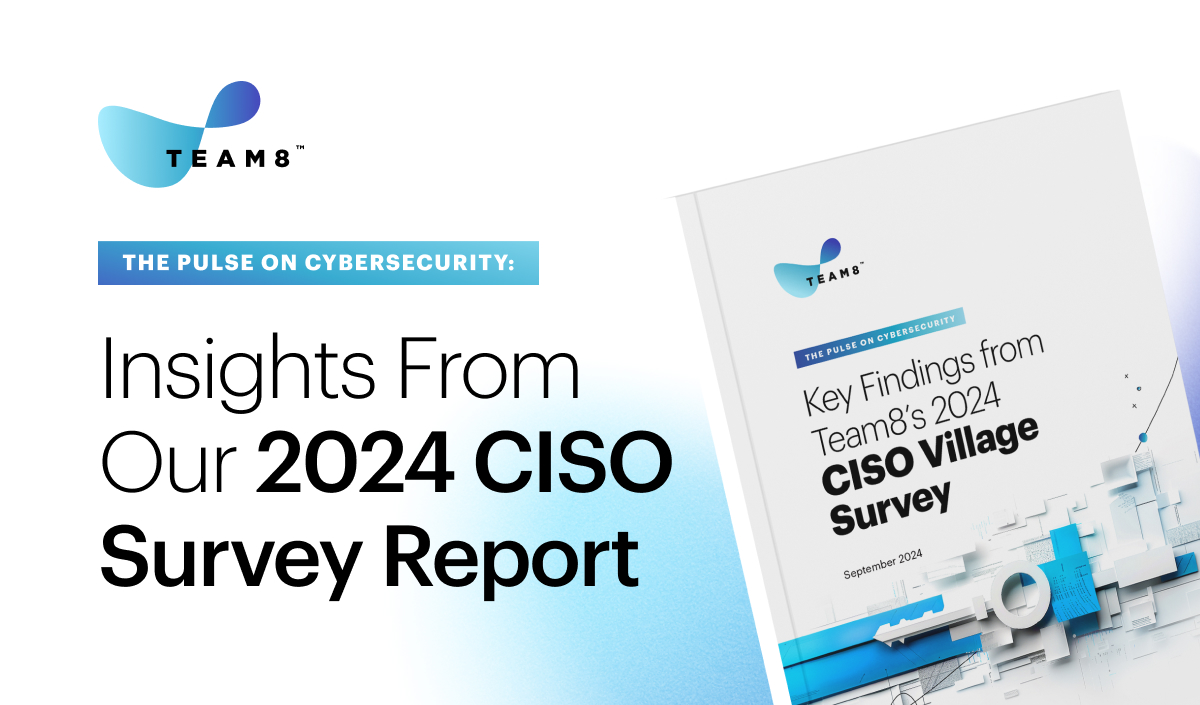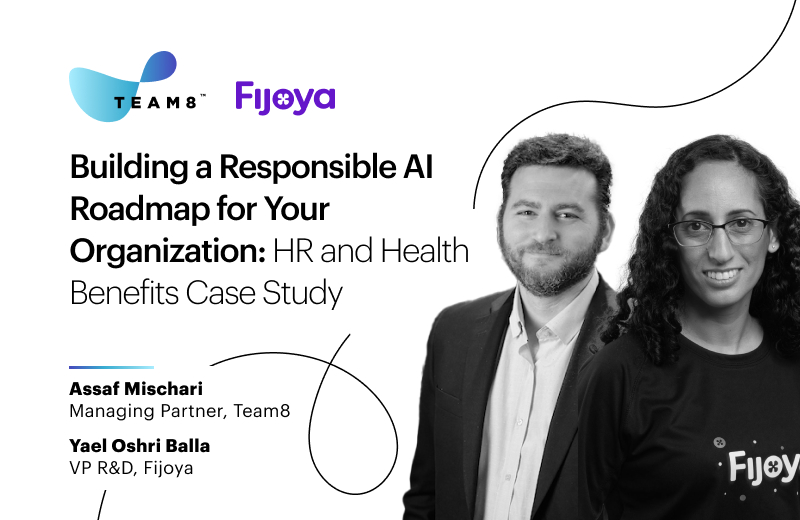april, the AI-powered tax platform and Team8 portfolio company, has revolutionized tax filing by translating the 70,000+ page tax code into a user-friendly, mobile-first experience. This year, april partnerships with over 20 financial brands, including popular payroll, neobanking, and investment apps, to make the tax season a lot more pleasant for Americans. And the response was overwhelmingly positive, with 98% of users filing on a phone or tablet.













